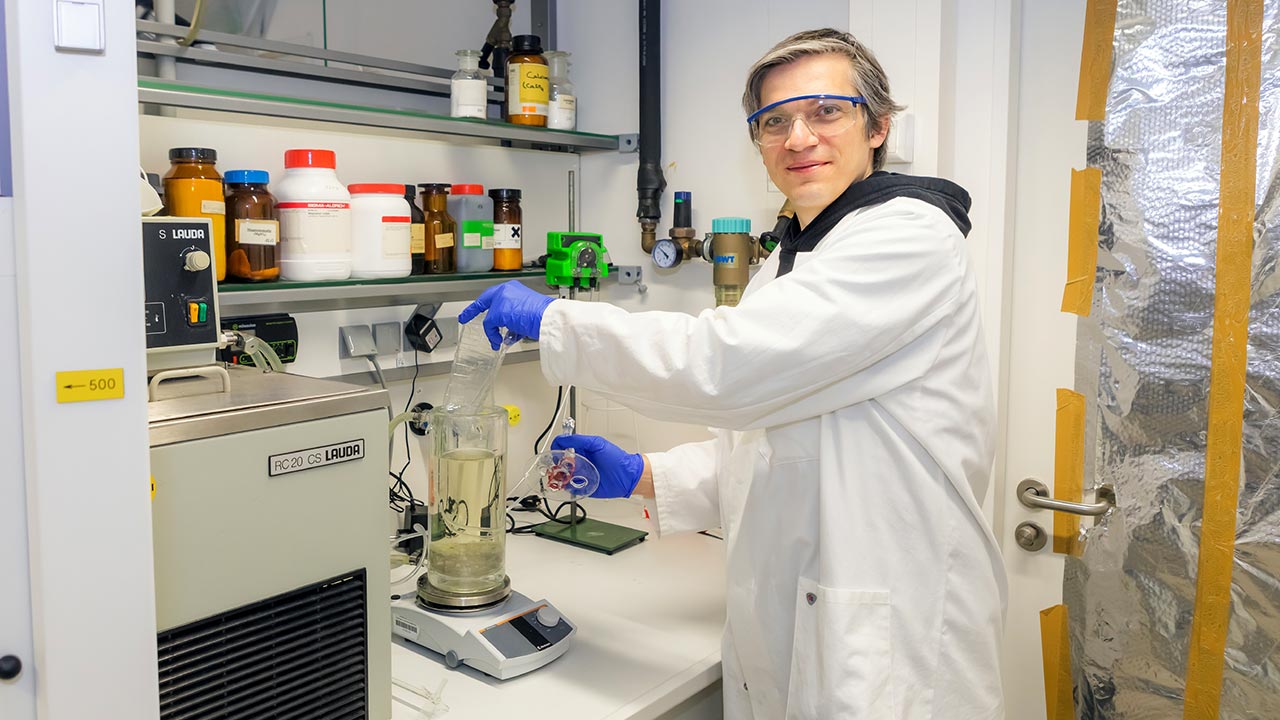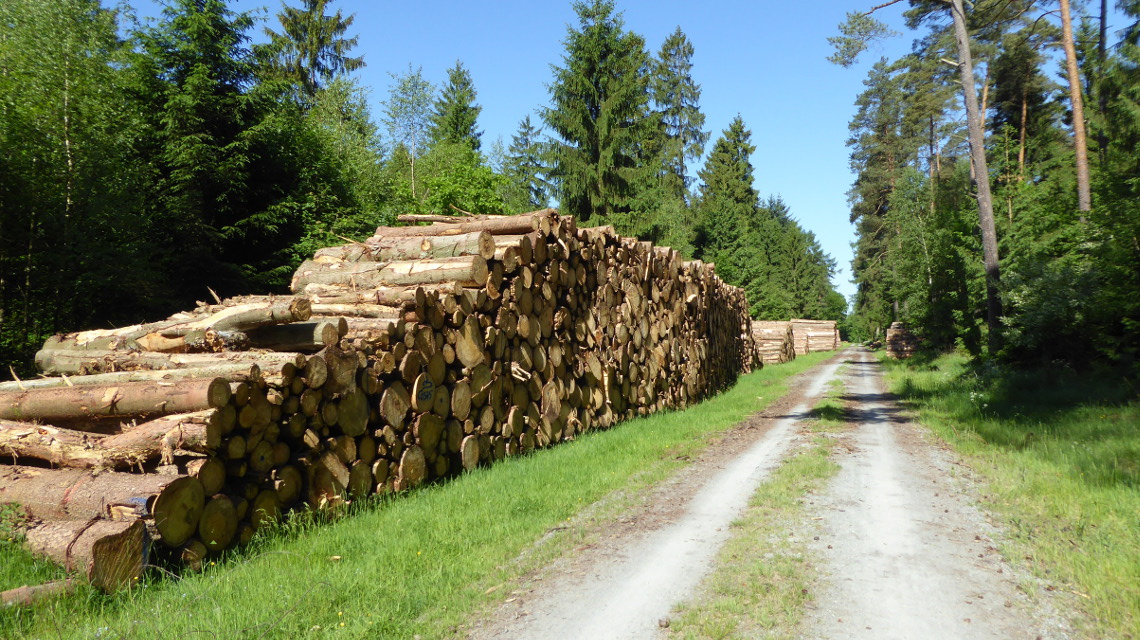PET demand ever higher
Researchers in Leipzig have improved the efficiency of an enzyme that can degrade the plastic familiar from bottles.

Less than two years ago, a team of researchers at the University of Leipzig reported that they had discovered an enzyme that degrades the plastic polyethylene terephthalate - better known as PET - at high speed. Now the experts have followed up and improved this enzyme even further.
Building on successful groundwork
"Our previous article on the discovery of this enzyme in the summer of 2021 had already attracted attention," recalls Christian Sonnendecker, who was instrumental in the initial publication. "This outstanding team effort advanced to become the most successful research article to date in the journal ChemSusChem." In the renowned journal Nature Communications, the researchers now describe modifications to the enzyme that have improved its efficiency as a catalyst for the degradation of PET.
This work began with unraveling the spatial structure of the so-called polyester hydrolase PHL7. On this basis, other research groups performed quantum mechanical calculations and simulated the protein dynamics on the computer to understand the enzyme's reaction mechanism in more detail. Which amino acids of the enzyme have crucial functions? How would the enzyme need to be modified to make the reaction even more efficient? "These predictions and calculations are very helpful in rationally improving an enzyme," Sonnendecker explains, "but in the end, of course, the experiment decides."
Increased activity and stability
Theoretical preliminary work made the experiment very successful, Sonnendecker added: "We implemented the proposed changes to the enzyme by genetic engineering and were able to further increase both activity and stability, which is enormously important for technical applications."
This is not the end of the research. Using nuclear magnetic resonance spectroscopy, which is still in its infancy, the researchers want to study the interaction between enzyme and plastic in even greater detail. A third generation of the enzyme is in the works, this time not primarily designed by humans through rational design. The researchers also take artificial intelligence predictions into account when building the enzyme.
The future of plastics is bio-based
Those involved in the project agree that the future does not belong to the recycling of petroleum-based plastics such as PET, but to biobased plastics that are more easily biodegradable.
bl


